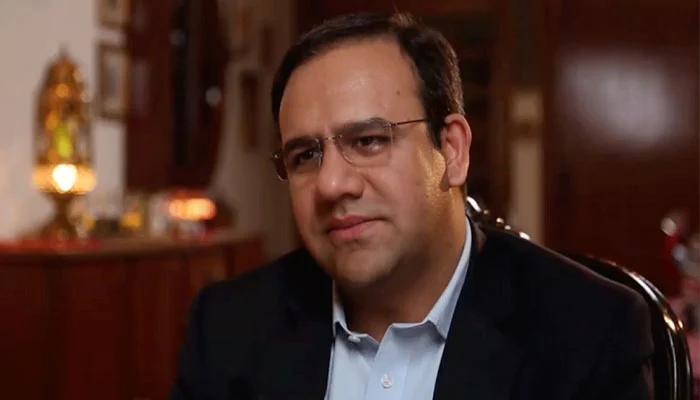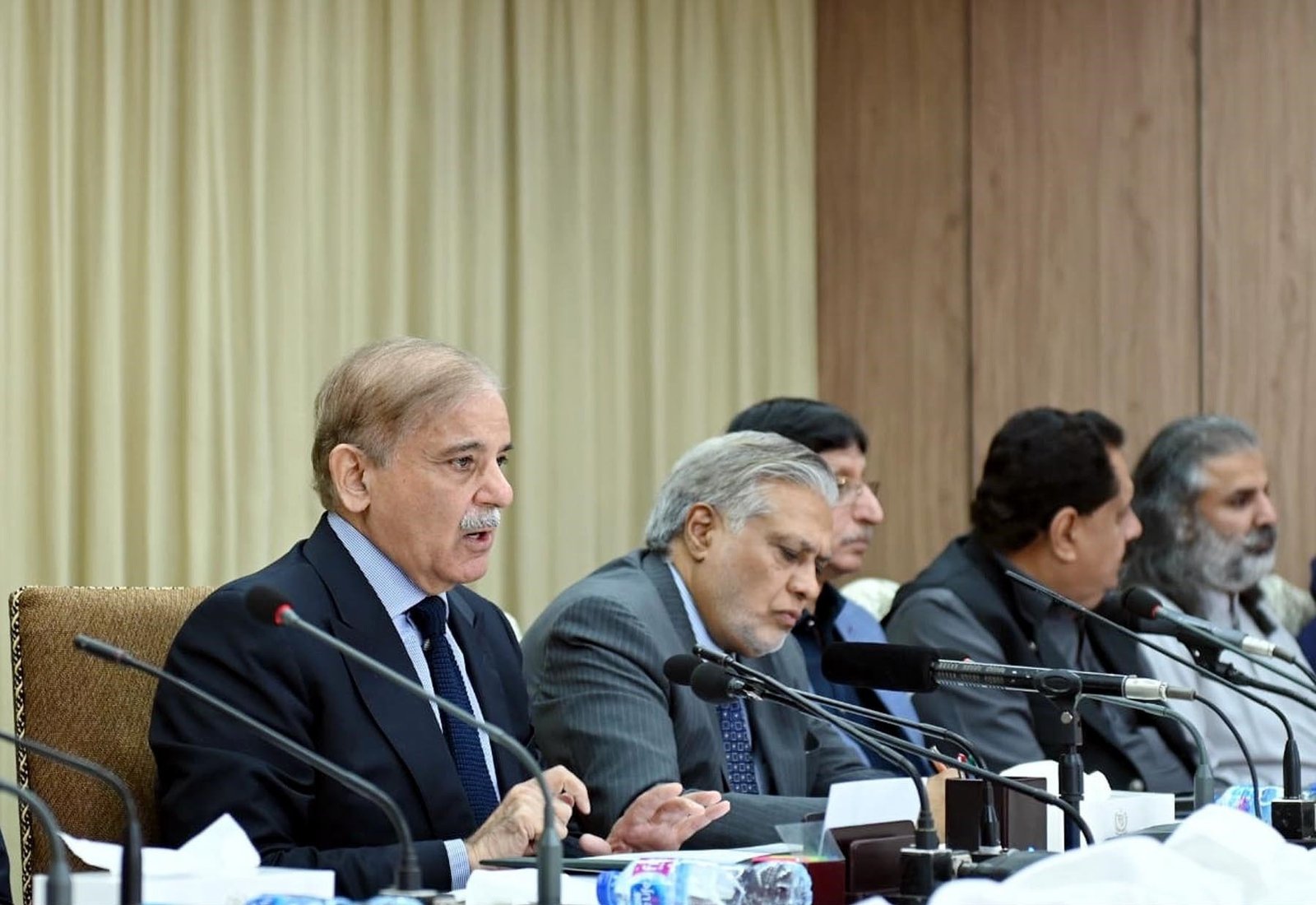Prime Minister Shahbaz Sharif, during a high-level review meeting on revenue improvement measures, emphasized the critical role of technology in enhancing the Federal Board of Revenue’s (FBR) performance. He reaffirmed the government’s commitment to adopting innovative strategies to boost revenue collection and curb tax evasion. The Prime Minister issued directives to ensure strict implementation of the newly formulated revenue strategies, aiming to modernize the system and address longstanding inefficiencies.
Focus on Video Analytics in the Sugar Industry
During the meeting, officials briefed the Prime Minister on the installation and monitoring of video analytics in the sugar industry. This initiative is expected to significantly enhance transparency and improve revenue collection from the sector. Shahbaz Sharif highlighted that these technological reforms will not only curtail sugar hoarding but also stabilize market prices, benefiting consumers across the country.
He underscored the government’s commitment to ensuring an uninterrupted sugar supply at affordable prices and directed relevant authorities to regularly monitor sugar stocks. This, he explained, would help maintain a balanced supply chain and prevent artificial shortages. The Prime Minister also stressed the need for strict and unbiased action against tax evasion and sugar mills that underreport their earnings.
Digitization of the FBR Value Chain
Prime Minister Shahbaz Sharif described the digitization of the FBR as a game-changing reform for the country’s economy. He noted that modernizing the FBR’s value chain would generate billions of rupees for the national treasury. To expedite this process, he instructed officials to complete the digitization of the entire value chain at the earliest.
Highlighting the importance of bringing tax defaulters into the tax net, the Prime Minister called for strict measures to ensure compliance. He emphasized that any failure to pay taxes would result in decisive action. Additionally, Shahbaz Sharif directed authorities to expedite the deployment of video analytics technology in the cement and tobacco industries to further broaden the scope of reforms.
Combating Tax Evasion and Enhancing Compliance
The Prime Minister reiterated the government’s zero-tolerance policy towards tax evasion, urging officials to take indiscriminate action against individuals and entities that fail to meet their tax obligations. He also emphasized the importance of a fair and efficient taxation system to create a level playing field for all sectors.
By leveraging advanced technology, the government aims to address systemic challenges in tax collection, reduce human intervention, and enhance transparency. Shahbaz Sharif expressed confidence that these measures would strengthen the FBR’s ability to meet its revenue targets and contribute to sustainable economic growth.
Leadership and Coordination
The meeting was attended by key federal ministers and senior government officials, including Federal Minister for Economic Affairs Ahad Cheema, Federal Minister for Information and Broadcasting Attaullah Tarar, and Minister of State for Finance Ali Pervaiz Malik. Their collective expertise and collaboration were deemed crucial for the successful implementation of the reforms.
A Vision for Economic Stability
Prime Minister Shahbaz Sharif’s directive to integrate technology into revenue collection underscores his administration’s commitment to fostering economic stability and growth. By targeting critical sectors such as sugar, cement, and tobacco, the government aims to create a robust revenue framework that benefits the entire nation. With a clear roadmap and strict enforcement, these reforms are expected to address tax evasion, improve market transparency, and strengthen the national economy.
The meeting concluded with a call for swift and decisive action to implement these reforms, reflecting the government’s resolve to prioritize financial accountability and economic progress.



